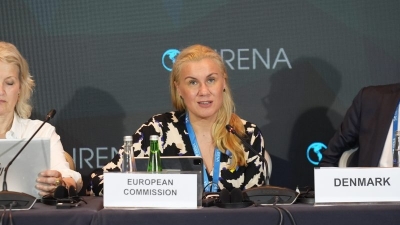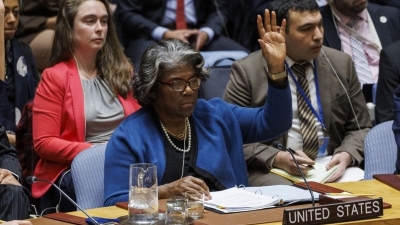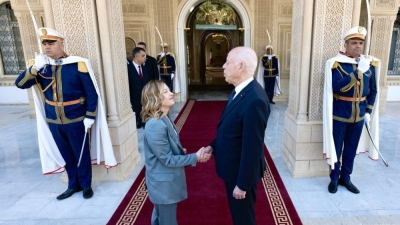Labour vows to take UK into EU’s asylum regime

Should the opposition Labour party win the next UK election, it would take the country back into the EU’s Dublin Agreement, which regulates how countries decide on asylum applications, as part of a series of moves to bring the UK closer to the bloc, though without seeking to rejoin.
The Dublin Agreement establishes co-operation between EU member states on migration and typically allows irregular migrants to be returned to the nation of first arrival.
Outside the regime since leaving the EU, the UK has struggled to deal with irregular migration across the English Channel, with the Conservative government introducing a controversial bill to deport all migrants who arrive by boat.
After having campaigned at the December 2019 election with a promise to hold a second referendum on EU membership, both Labour and the Liberal Democrats have since stated that they will not campaign to rejoin the bloc or the single market.
However, Labour, which currently holds a hefty opinion poll lead over the governing Conservative party, has begun to set out its policy platform to rebuild EU-UK relations.
Elsewhere, the opposition party has indicated that it wants to reach new agreements to make it easier to trade food, medicines and animals between the EU and UK, and for an UK-EU pact on defence, security and foreign policy.
On Wednesday (17 May), following warnings by carmakers Ford, Jaguar Land Rover, and Stellantis, which owns Vauxhall, Peugeot and Citroen, that UK industry would struggle to transition to electric car manufacturing without improved trade with the EU, Labour leader Keir Starmer said that “we want a closer trading relationship, we absolutely do”.
“We want to ensure that Vauxhall and many others not just survive in this country but thrive.”
Earlier this week, Labour also indicated that, if elected, it would give full voting rights to the roughly 3.5 million EU nationals who have been granted ‘settled status’ under the UK’s post-Brexit Settlement Scheme, and thereby enjoy permanent residency rights in the UK.
The next UK election is likely to be held in autumn 2024, a year ahead of the deadline to review the post-Brexit Trade and Cooperation Agreement, which was agreed at the end of 2020.
So far, Prime Minister Rishi Sunak’s government has given no indication of how it might use the review process to change the agreement.
However, in the seven months since he became Prime Minister, Sunak has brokered a deal with the EU to end the two-year dispute over the trading rules for Northern Ireland, and moved closer to agreements with the EU on financial services and access to the Horizon Europe research programme.
Last month, the House of Lords EU committee identified 72 “small” recommendations to improve EU-UK ties.
Those included reforms to the rules on visa requirements, and the introduction of regular summits between the EU and UK, with both government ministers and officials – a proposal also backed by Labour – in an attempt to improve dialogue between the two sides.
Read more with EURACTIV




